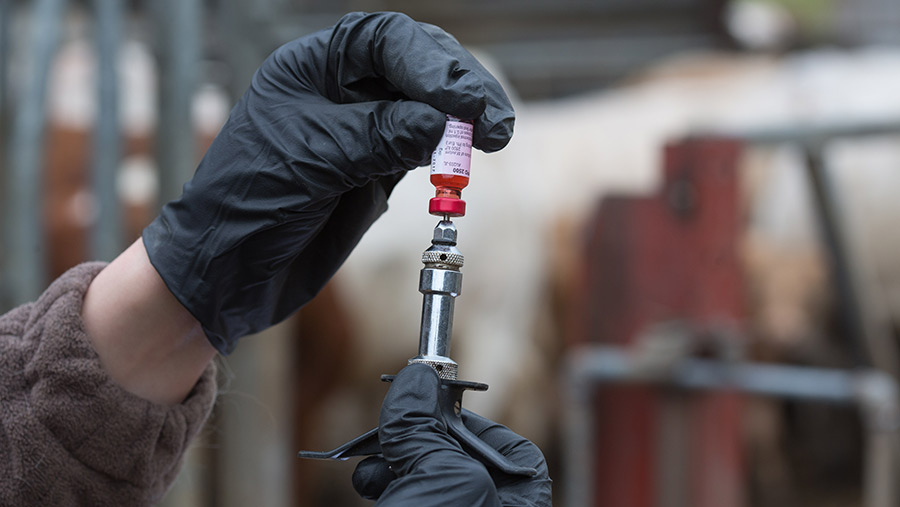FW Opinion: At last some optimism in battle to end bovine TB
 © Tim Scrivener
© Tim Scrivener “To progress in the civil service you need to move, move, move.”
So said a friend of mine who has already seen service in the Department of Health and Social Care, the Ministry of Justice, the Home Office and the now defunct Department for International Development.
See also: FW Opinion: Plumb’s 50-year old problems are still with us
That’s four departments in a career that has spanned just a decade.
What effect does a constant procession of new people have on the long-term and painstaking work these and other departments, such as Defra, are tasked with?
Is interminable amounts of time wasted by bringing new people up to speed with complex and nuanced issues, or is that outweighed by the value of a new pair of eyes on an old problem?
I wonder how many custodians there will have been of the various strategies in England and Wales by the time the two nations can declare themselves officially TB free.
Of course, it’s not just the departmental staff that are mobile, but the politicians too.
Since the current English plan was introduced in 2014 by then Defra secretary Owen Paterson, there have been another five secretaries of state.
George Eustice’s two years and two months in the job mean he has now warmed the seat for longer than anyone else for a decade.
Contrast this with the rewards for continuity seen in academia and the private sector, where specialisation is often highly prized.
Yet the much-despised generalists in the civil service are still needed, considering the variety of tasks they have to turn their hand to tackling one crisis after another.
It is balancing this resource against the longer-term work on projects such as bovine TB eradication that often gets overlooked in comparison with the issue of the day, and this is where government must draw on the resources of the private sector.
Amid the endless gloom that surrounds the seemingly non-stop battle over TB, it is pleasing to find some shafts of light in this regard.
Banishing the three-day turnaround time for results would also put an end to the misery of waiting to find out the fate of your herd
This week’s news that we are likely to be close to a TB test that is as quick as a Covid-19 lateral flow test should be cheered to the rafters.
The current testing regime takes up enormous amounts of the valuable time of farmers and vets, as well as being stressful for all involved, particularly the cattle.
Banishing the three-day turnaround time for results would also put an end to the misery of waiting to find out the fate of your herd, an ordeal which I know is marked by sleepless nights and much anxiety for many.
In the past 12 months there have also been promising developments in trials of a super-accurate blood test, the launch of a new test to speed up post-mortem identification of TB in cattle and, most importantly, the launch of a cattle vaccine trial.
All of these are largely thanks to the patient work of specialist academics and researchers, funded by a mix of public and private money and empowered by the long-term strategy.
It shall forever be galling that this awful disease is still one of the biggest drags on the modern-day beef and dairy industries when only 0.01% of British cattle tested positive in 1979.
And none of the latest developments mean we are close to bringing down the curtain on a disease that costs taxpayers £100m/year and causes untold misery for farmers, livestock and wildlife.
But if we are to retain the right to criticise when criticism is due, it is essential to acknowledge that there are at least some reasons to be cheerful.

